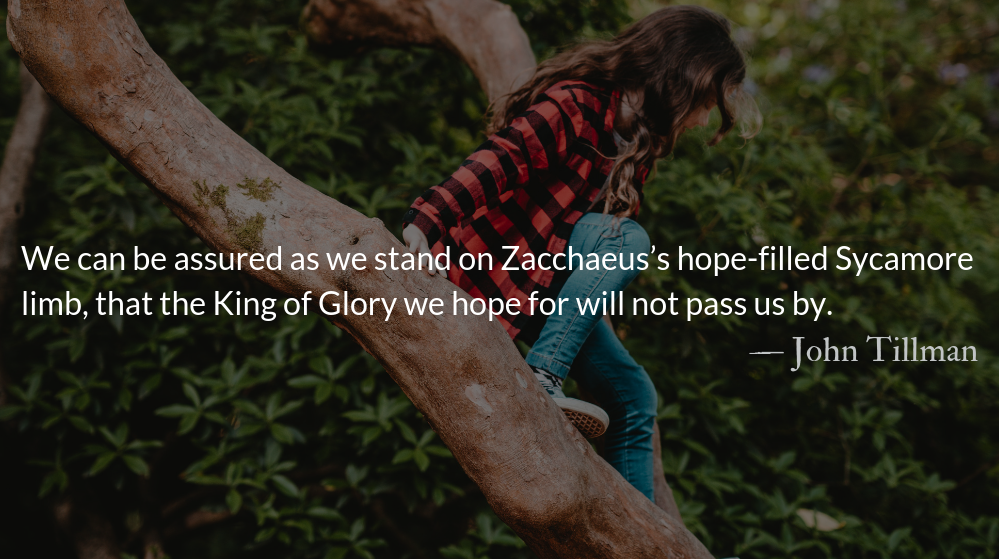Scripture Focus: Judges 15.18-20
18 Because he was very thirsty, he cried out to the Lord, “You have given your servant this great victory. Must I now die of thirst and fall into the hands of the uncircumcised?” 19 Then God opened up the hollow place in Lehi, and water came out of it. When Samson drank, his strength returned and he revived. So the spring was called En Hakkore, and it is still there in Lehi.
20 Samson led Israel for twenty years in the days of the Philistines.
Student Writers Month:
In July, The Park Forum welcomed college and seminary student writers pursuing ministry careers. This year, like last year, we have one more “bonus” student writer for you writing on yesterday’s reading, Judges 15. We will start with your selections of our most meaningful and helpful devotionals tomorrow. For more info about our yearly Student Writer program, see our website. To submit a Readers’ Choice post, follow this link.
Reflection: Who’s the Good Guy?
By Ava Ligh
We love the “Lord of the Rings” films and the entire Marvel repertoire because we long to root for a good guy. In these stories, we are spared the difficulty of figuring out who is good and who is bad.
Judges chronicles the moral decline of Israel once they occupy the promised land. By the time we get to Samson, it is no longer clear who the good guys are and who the bad guys are. On the surface, it would appear readers should root for the people of God, the Israelites. But it becomes confusing when the actions of God’s people are indistinguishable from the actions of God’s enemies.
Samson appears to be a hero when, with superhuman strength, he kills 1,000 Philistines, the enemies of God and his people, with the jawbone of a donkey. Except we know that the Philistines raided the men of Lehi because Samson had struck and killed some of their men.
Why?
Because the Philistines had set Samson’s wife and father-in-law on fire.
Why?
Because Samson set their harvested grain and olives on fire.
Can one be a hero if he created the problem that he then solves?
Bible stories like this are confusing. It is easier on us if we flatten out real people by making complex human beings either all good or all bad. This is a form of dehumanization. It takes mental strength and energy to tolerate ambiguity. However, we can tolerate that people are complex mixes of good and bad because there is someone we can look to who is purely and only good.
For all of his faults, Samson knows who is truly good, and the author of Hebrews recognizes his faith (Hebrews 11.32-34). Samson knows that it was God who “granted this great salvation” to the Israelites. Samson also knows that it is God who can provide water for his thirst.
We, like Samson, often need to be reminded through our limitations that our strength comes from the true hero and that we depend on his living water to sustain us. Jesus is unambiguously good and the source from which we receive our strength and living water. With his help, we can love and accept complex people. And he says to each of us “whoever drinks of the water that I will give him will never be thirsty again” (John 4.14).
Divine Hours Prayer: The Refrain for the Morning Lessons
“This is my son, the Chosen One. Listen to him.” — Luke 9.35
– Divine Hours prayers from The Divine Hours: Prayers for Springtime by Phyllis Tickle
Today’s Readings
Judges 16 (Listen – 5:59)
Acts 20 (Listen – 5:22)
Read More about Readers’ Choice 2021
It is time to hear from you about the posts from the past eleven months (September 2020 – July 2021) that have challenged, comforted, and helped you find new meaning in the scriptures.
https://forms.gle/ozM13qvW9ouSWhJS7
Read more about Do Not Hold Men (or Women) Up as Sinless
We must stop confusing a man failing with the gospel failing.








